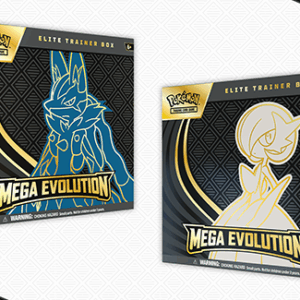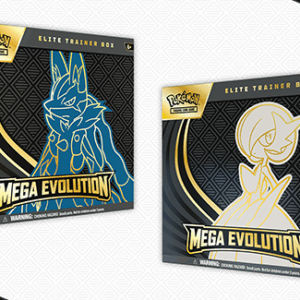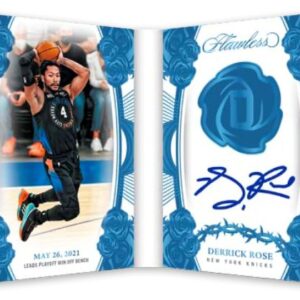In a plot that feels ripped from the pages of a gripping crime novel, the vibrant and lucrative world of sports memorabilia finds itself embroiled in scandal, deceit, and mystery. The case, centered around Brett Lemieux, a well-known autograph dealer, has ignited conversations across fan forums and collector communities. It’s a tale of a world turned upside down, exposing cracks in an industry that thrives on authenticity and trust.
Lemieux, aged 45, became the face—and ultimately the tragic demise—of an intricate web of deception that Indiana authorities untangled piece by piece. During a search of his Westfield property connected to an illicit counterfeit memorabilia operation, Lemieux was found dead from an apparent self-inflicted gunshot wound. Though the Hamilton County Coroner’s Office has yet to confirm the cause officially, the tableau painted by the tragic scene offers more than enough intrigue to captivate the imaginations of hobbyists and professionals alike.
The murmurings of scandal swelled into a full-blown clamor after a jaw-dropping confession appeared in the “Autographs 101” Facebook group, attributed to Lemieux himself. In what might be described as a posthumous bombshell, he admitted to spearheading a counterfeit ring that allegedly flooded markets with over four million phony sports items and generated staggering sales totaling $350 million. The ripples of this revelation have sent shockwaves through the autograph community, casting doubt on the authenticity of countless collectibles now residing in personal collections worldwide.
Mister Mancave, Lemieux’s pride and business entity, was famed—or perhaps infamous—as one of the largest purveyors of framed jerseys on the Internet. Despite claiming a Columbus, Ohio address, there was no tangible storefront, and records indicate that Mister Mancave re-incorporated no less than twice in Indiana between 2018 and 2023. These intriguing details only add to the complexity of the ongoing investigation.
At the heart of Lemieux’s alleged chicanery was his knack for counterfeit authenticity holograms, the very emblems that purported to guarantee an item’s genuineness. Companies like Panini, Fanatics, and other renowned authentics purveyors found their trusted marks replicated flawlessly by Lemieux’s operation. Particularly troubling was his claim of unleashing 80,000 fake Kobe Bryant memorabilia items—a cunning play on the tragic passing of the basketball icon in 2020 that left no collector’s heart untouched.
The debauchery was not confined to basketball. The scope of the scandal encompassed memorabilia from sports of all stripes. Dubious bargains, like an Aaron Judge-signed baseball priced at $399 on Lemieux’s site—a distinct drop from Fanatics’ own price tag—suspiciously lured buyers while blending seamlessly into the marketplace.
Fanatics, a heavyweight in the authentication arena and one left reeling from the scandal, has sought to shore up trust by revamping its hologram technology. Undeterred by potential fallout, the company continues its battle against forgery alongside law enforcement and fraud experts, including veteran FBI agents. The objective: to cleanse the market of inauthentic items, ensuring collectors’ hands grasp only the real McCoy.
A shadow of doubt clouds the figures in Lemieux’s confession. Skeptics within the memorabilia community label his $350 million revenue claim as fantastical. Yet, irrespective of the numbers, the fraud has inflicted undeniable damage. Esteemed autograph authenticator Steve Grad weighs in on the challenge presented by advanced forgery tools, such as autopen technology, which complicates the task of discerning real from imitation.
The industry, it appears, isn’t entirely shocked. Whispers circulated even before Lemieux unwittingly shattered the silence. Other dealers suspected something amiss; as one remarked, he’d seen Lemieux offering signatures from athletes who hadn’t signed in years. Names mentioned in Lemieux’s so-called “manifesto” include Dominique Ball from Indiana and Nickolas Litscher from Wisconsin—both of whom vociferously deny involvement, with Litscher reportedly poised to take legal recourse following his unsolicited online appearance.
As this ornate saga unfolds, authorities delve into a labyrinth of businesses and sales platforms where Lemieux’s culpable fingers seemingly left prints. Brands such as Ultimate Sports, Athletes One, Signature Dog, and All-American Authentics surface in the investigations, illustrating the broad, shadowy reach of this fraudulent endeavor.
While law enforcement and industry leaders briskly tackle the scandal’s aftermath, the repercussions for collectors are vast. The authenticity of cherished collectibles has never seemed so precarious, driving home the vulnerability of a market that dances between genuine relics of athletic triumph and the sinister specter of deception. The unfolding drama urges renewed caution, demanding innovative measures to safeguard an industry whose currency is built on trust and whose enthusiasts cling to the tangible threads connecting them to celebrated sports legacies.






